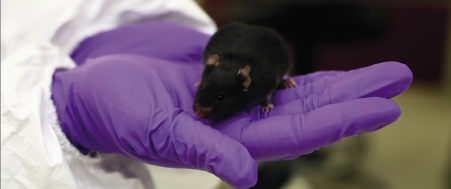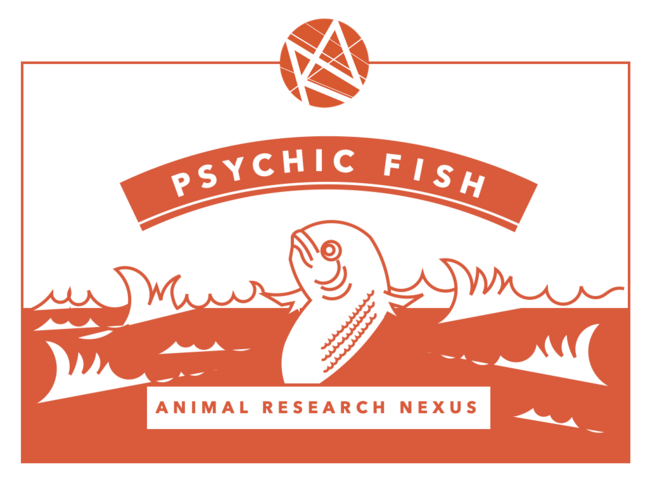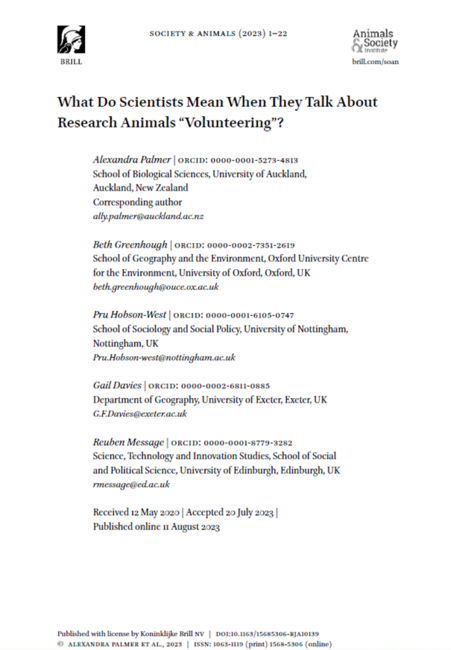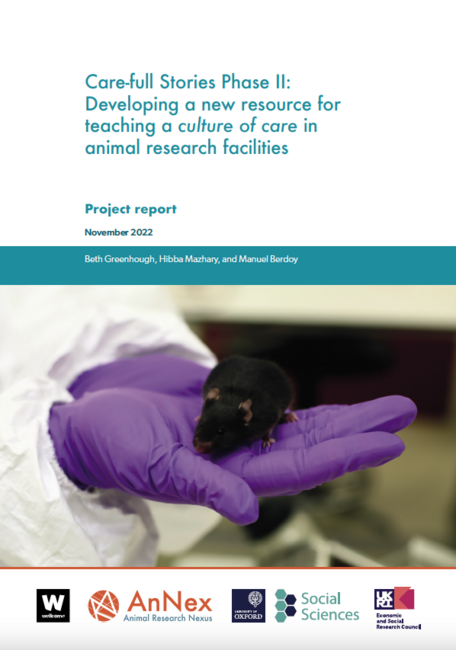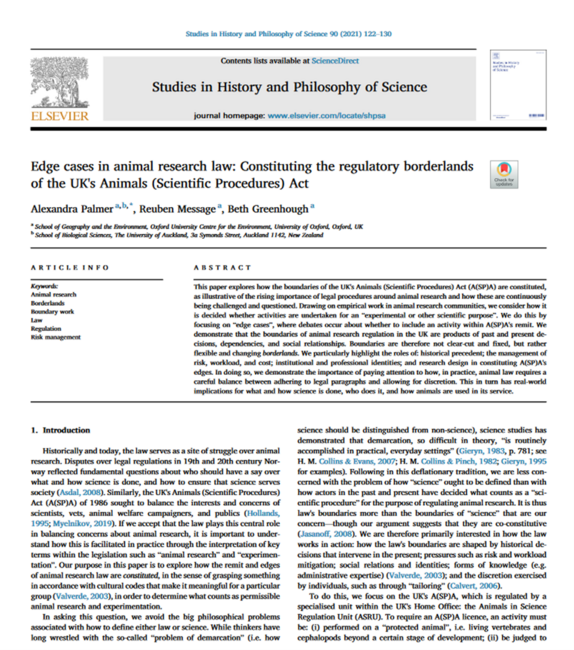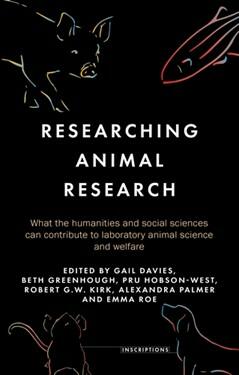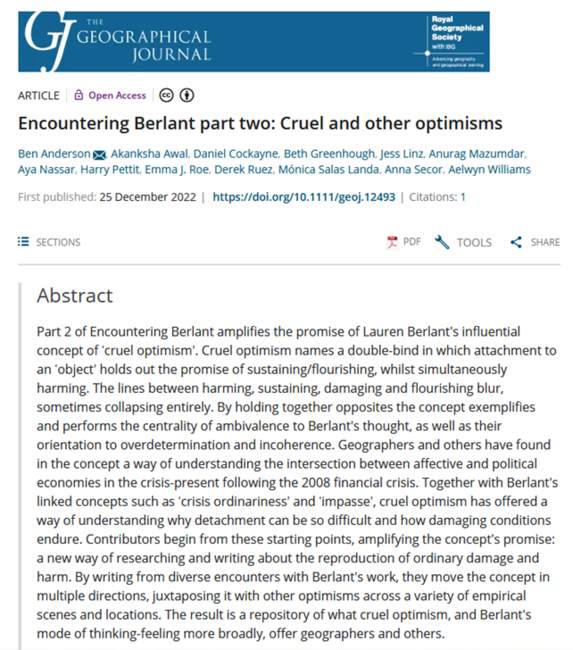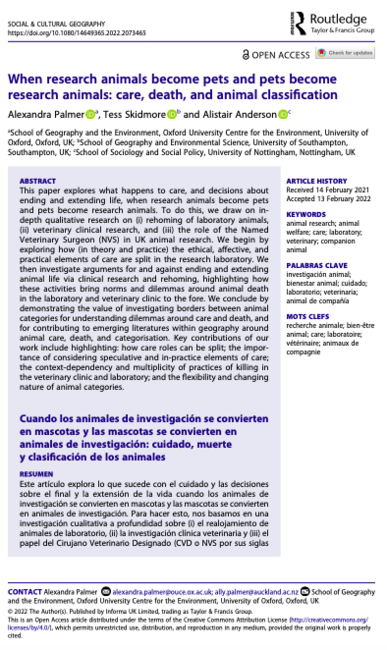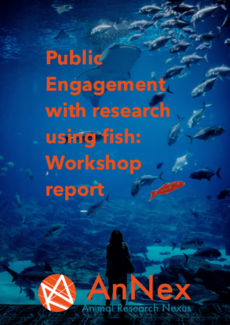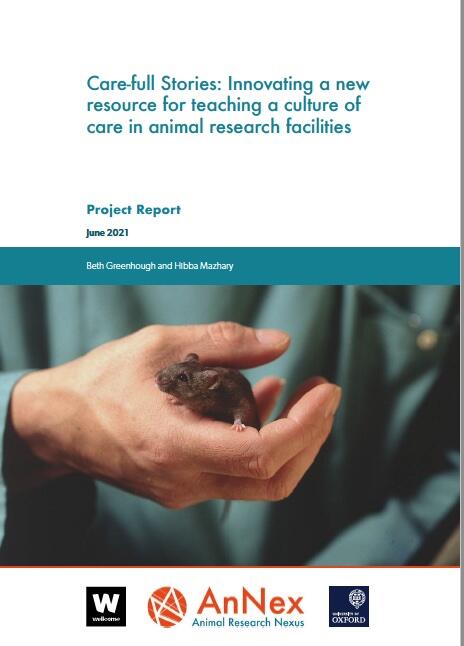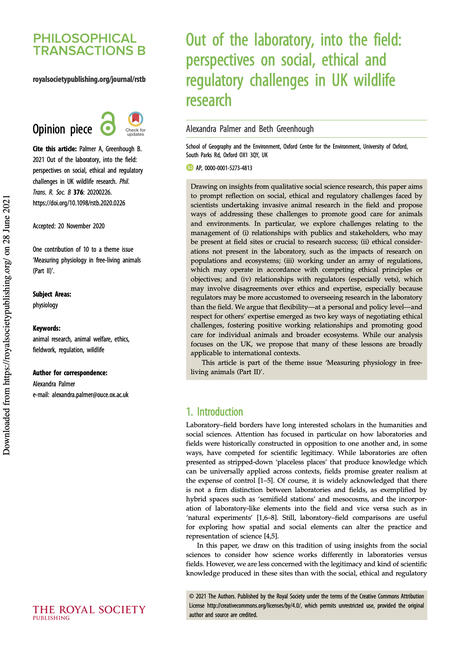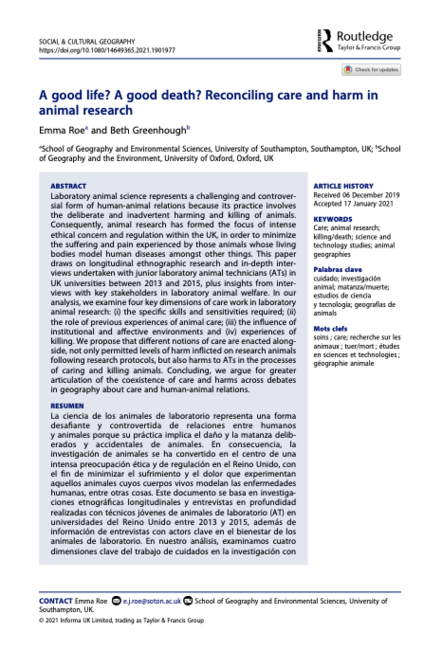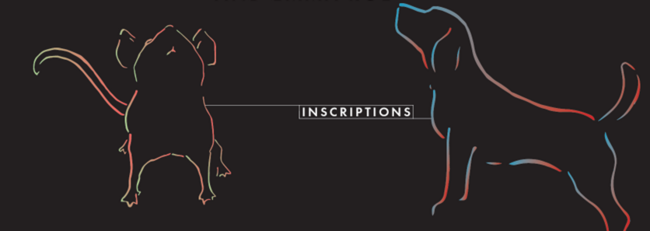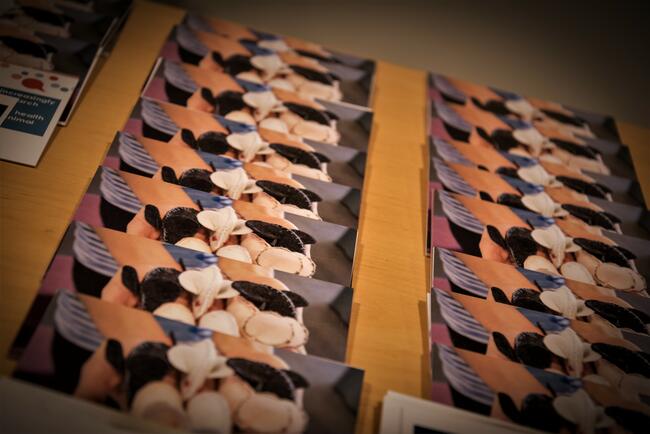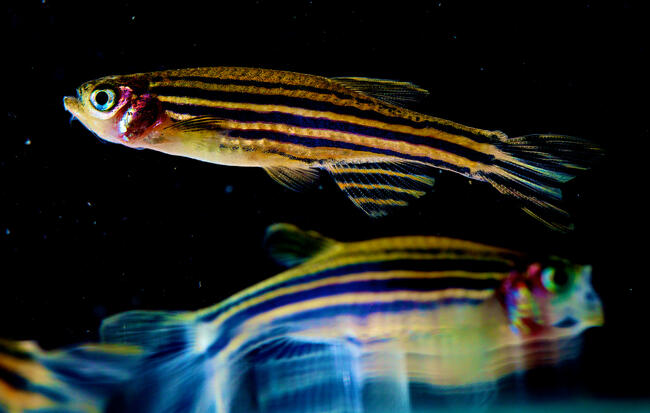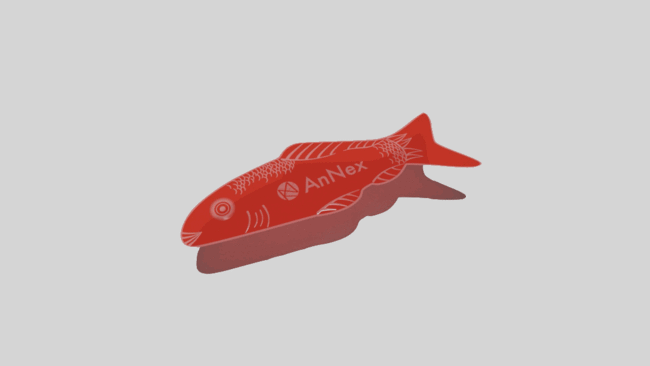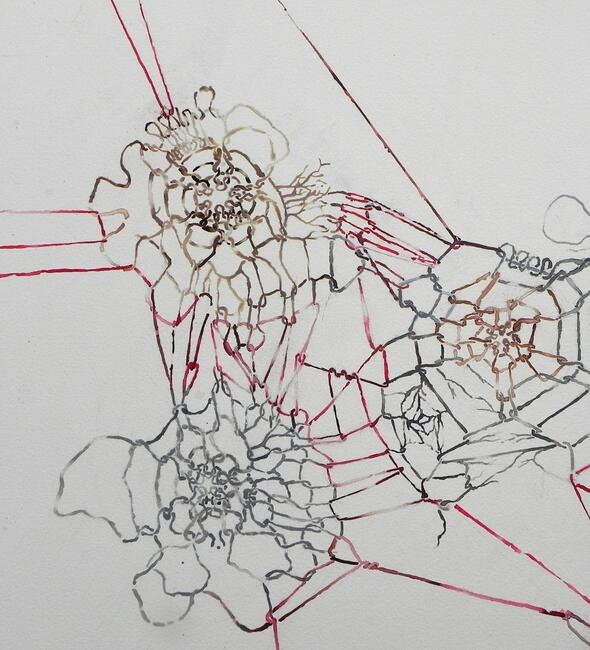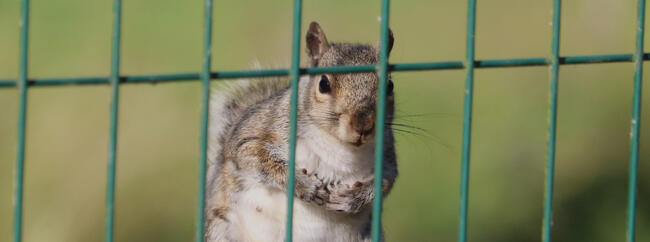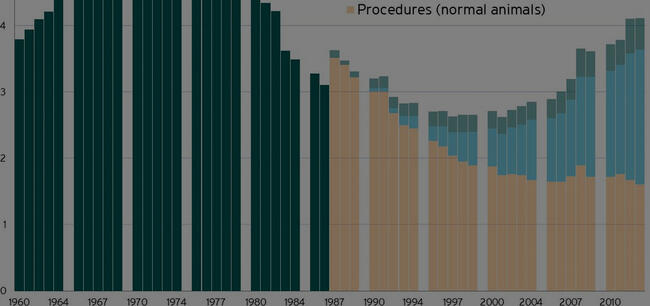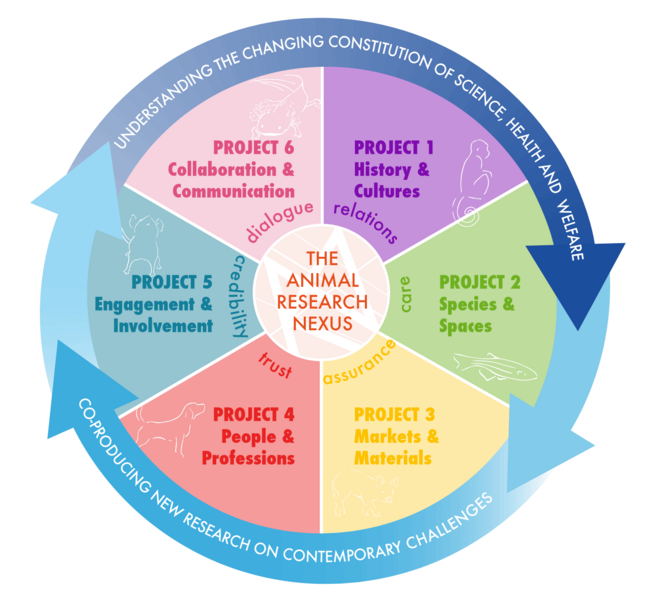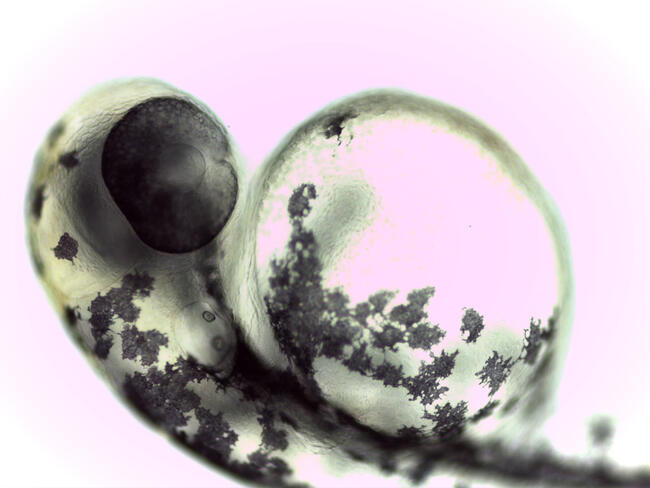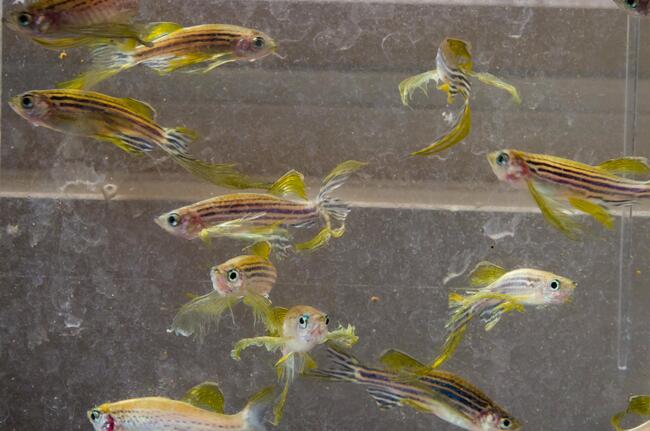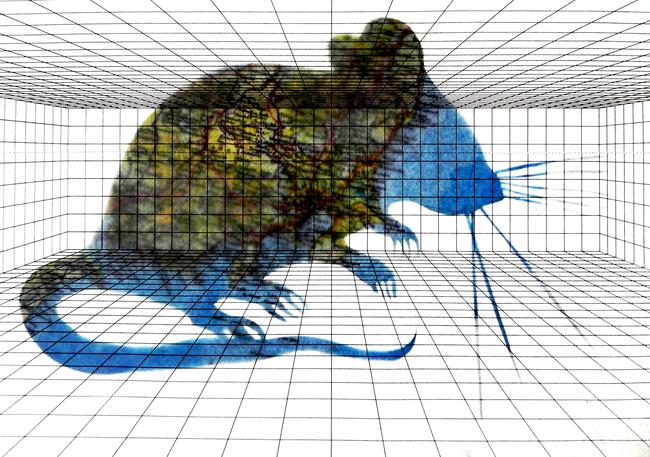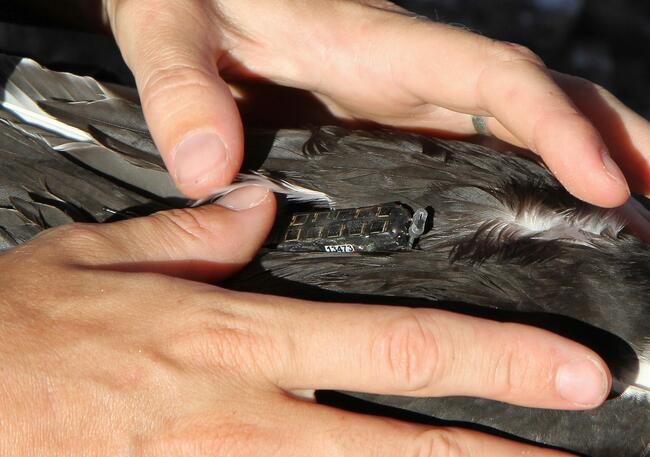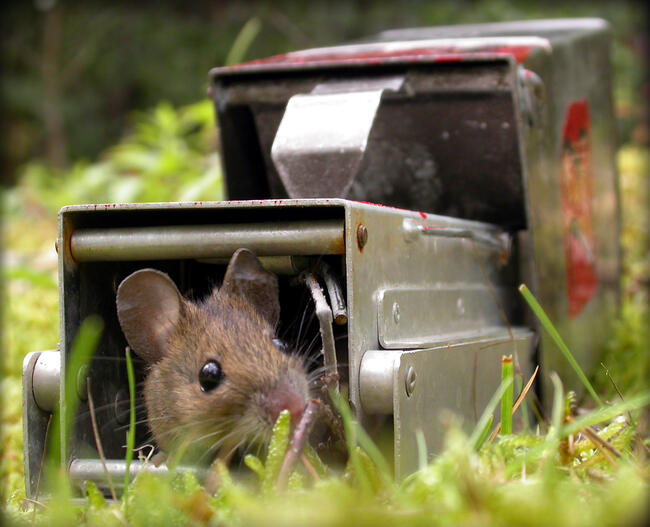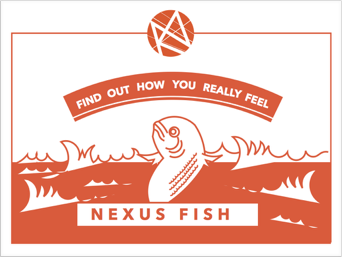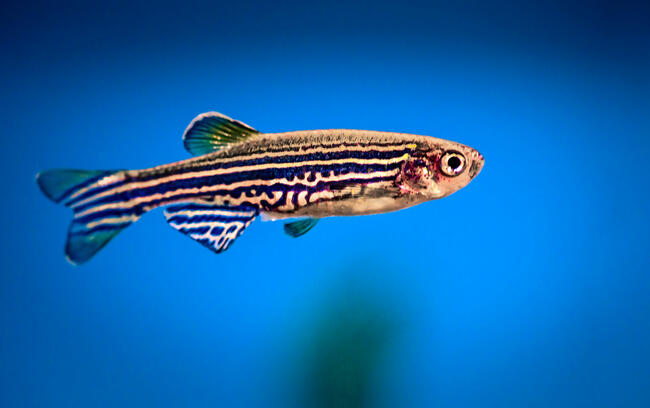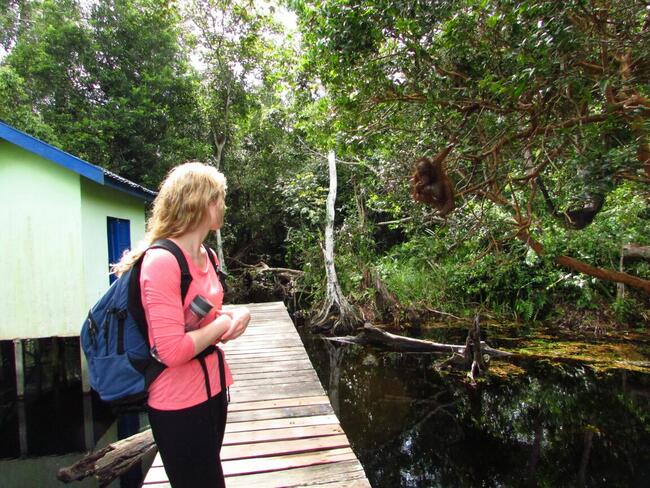Species & Spaces
Understanding how species and research sites in animal research challenge established infrastructures, practices and cultures.

Based at the School of Geography and the Environment, at the University of Oxford, Species and Spaces sought to understand the challenges that different and unusual species and sites introduce into animal research, and what these challenges might mean for established infrastructures, practices, and cultures of animal care.
Our research was concentrated into two streams. ‘Species’ focused mainly on fish, and especially the ongoing explosion in the use zebrafish in research over the last two decades, as well as the so-called ‘higher invertebrates’, cephalopods and crustaceans. ‘Spaces’ examined research at Places Other Than Licensed Establishments (POLES), such as wildlife field projects, fisheries, farms, zoos, and veterinary clinics.
A number of broad questions guided our work: How do human-animal relationships influence the implementation of animal welfare regulations? How does the introduction and spread of different species and sites transform practices of ethical review, the 3Rs, animal care, and public engagement? How are the borders between regulated and unregulated research shaped by ideas about animal sentience and suffering, the ethics applied to different categories of animals (e.g., pets, wildlife, and farm animals), and definitions of science, veterinary treatment, and animal management?
We are approached these questions using a combination of methods including documentary analyses, in-depth interviews with stakeholders (e.g. researchers, regulators, animal technicians, Named Persons, suppliers, regulators, and welfare charities), and participant observation in different settings in industry and university sectors. We also developed new techniques for engaging stakeholders and publics in conversations about how to culture care in animal research across diverse roles, settings and species.
Relevant, tagged site content:
Engagement Activities
Care-full Stories is an adaptable training toolkit for those working in the animal research sector. It uses fictionalized prompts as a resource for staging small group discussions around institutional cultures of care.
Find out how you really feel about fish! The psychic fish is an interactive encounter that invites people to think about fish and their use in research.
